In the global race for artificial intelligence (AI), many countries are shifting from general technology development to vertical AI models - specialized applications in each field such as healthcare , manufacturing, energy or transportation. This approach not only helps optimize resources but also promotes productivity and innovation in each specific industry.
In the US, Michigan is integrating AI with the traditional auto industry, creating a new generation of self-driving cars and smart manufacturing systems. In China, Hangzhou has become an “AI valley” thanks to the concentration of companies such as Alibaba and DeepSeek, along with public data systems and computing infrastructure invested by the state. Toronto (Canada) and Shenzhen (China) also stand out with a similar model, where research institutes, businesses and local governments collaborate to form innovation clusters with AI as the core.
In that global picture, South Korea stands out with the Gwangju AI cluster model – a rare structure that possesses all five core elements for artificial intelligence development: large-scale computing infrastructure, R&D support, human resource training, business development policies, and effective government coordination.
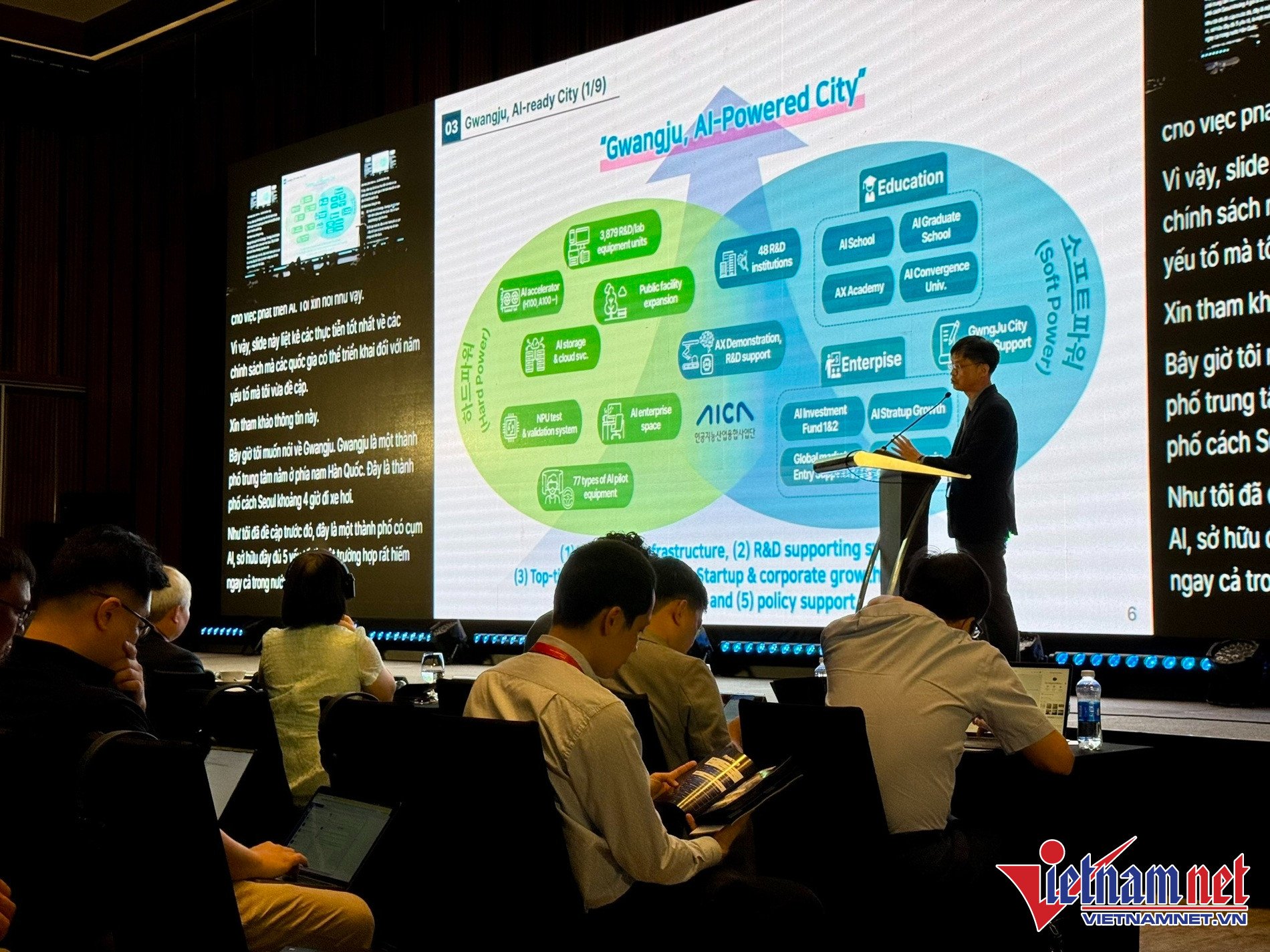
According to Oh Sang-jin, Director of the Gwangju Al Industrial Cooperation Unit, the Gwangju AI Cluster is considered the “open laboratory” of Korea. The city has dedicated more than 3,300 public infrastructure facilities for testing and developing AI models, encouraging businesses, research institutes, and citizens to participate in sharing real-world data to train and verify algorithms. Gwangju’s AI data center – which will be operational from 2023 – has a processing capacity of 88.5 petaflops, ranking among the 30 largest centers in the world, supporting more than 2,200 projects and helping to create more than 300 commercial AI services.
In addition, the city also has an AI School that trains more than 1,200 students, autonomous driving simulation labs, a renewable energy research center, and a business incubation program that has supported more than 700 startups in five years. Gwangju is now considered a national AI testing city in Korea, aiming to invest an additional 600 billion won in the next five years to develop three key areas: AI for urban life, AI for the mobile industry, and AI for renewable energy.
The slogan “We lend you Gwangju” reflects the city’s open philosophy – providing infrastructure, data, and testing space for any organization to develop, test, and deploy AI products. This model is becoming a model for many other Korean localities in combining the state, businesses, and academia to build sustainable AI clusters.
Opportunities for Vietnam-Korea cooperation in the AI era
Vietnam and South Korea are both entering a period of accelerated development of artificial intelligence. South Korea has issued a national AI law and invested heavily in computing infrastructure, while Vietnam has just announced a new AI Strategy with the goal of being among the world's top 10 countries by 2045 and building a national AI supercomputing center and a shared open database.
According to Deputy Minister of Science and Technology Hoang Minh, Vietnam considers AI as “the nation’s intellectual infrastructure”, commits to developing in an open, open-source direction and prioritizing comprehensive, all-people AI. Korean enterprises are called upon to jointly invest in digital infrastructure, AI data centers and develop specialized solutions for the 100 million-people market, while Korean institutes and schools can cooperate closely in research, development and training of 50,000 AI engineers for Vietnam.
Similar visions open up great opportunities for cooperation. Korea has strengths in core technology, capital and management experience; Vietnam has a large market, young human resources and strong support policies. If combined, the two countries can jointly develop specialized AI models in manufacturing, healthcare, education and smart cities, and share experiences in data management, testing and talent training.
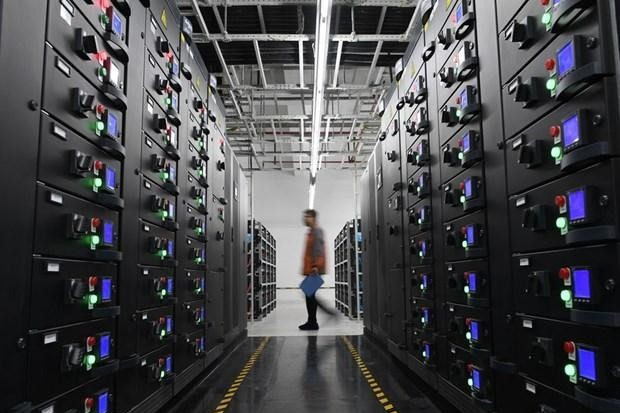
Source: https://vietnamnet.vn/han-quoc-cho-muon-ca-mot-thanh-pho-de-phat-trien-ai-toan-dien-2457595.html








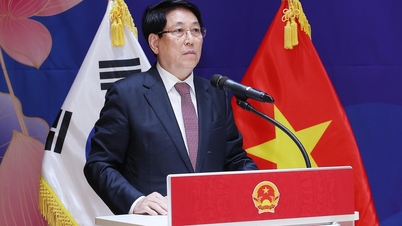

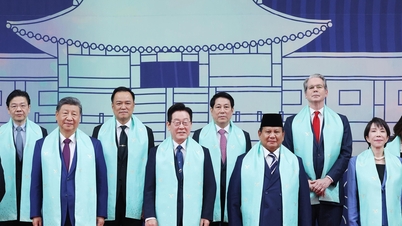
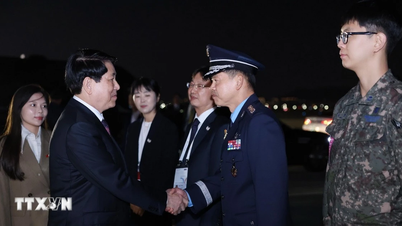

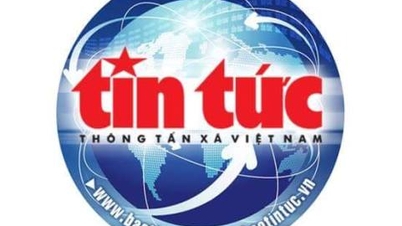

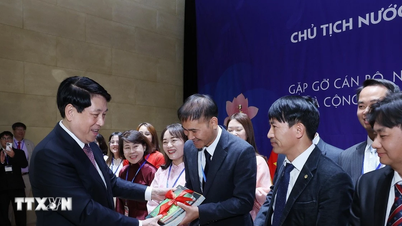
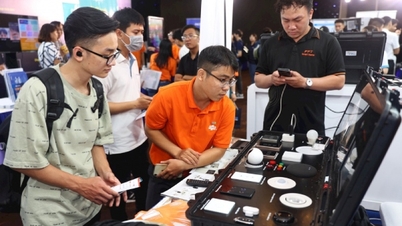


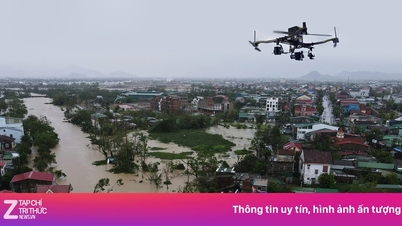

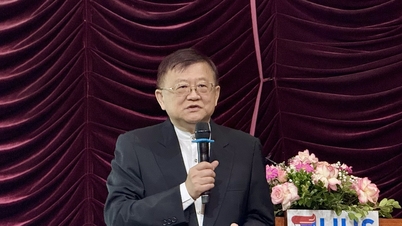

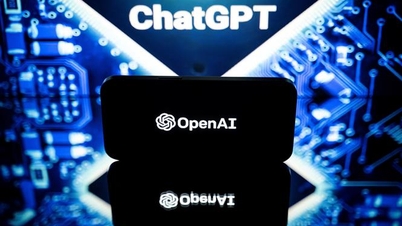





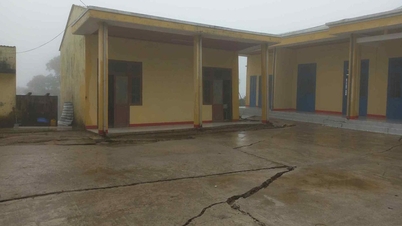














































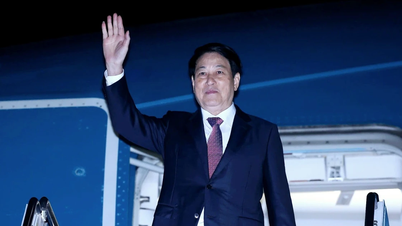


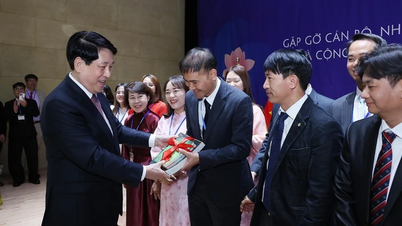
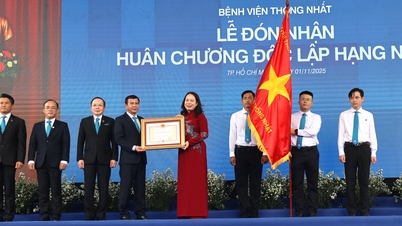


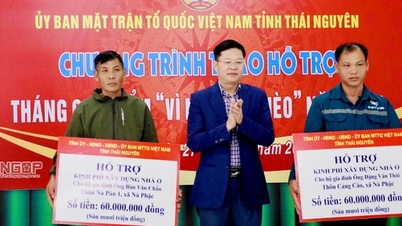
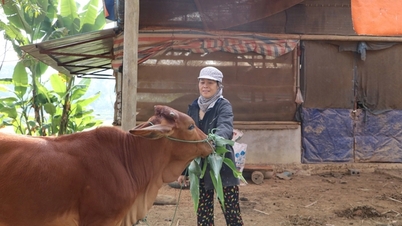
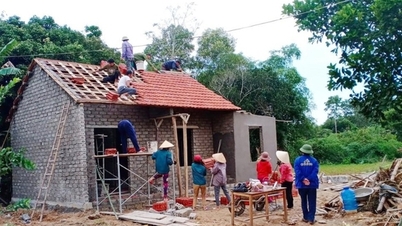
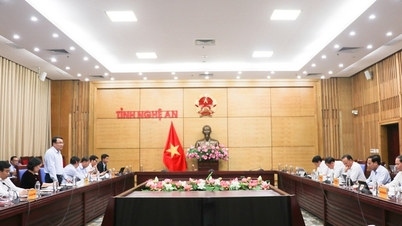
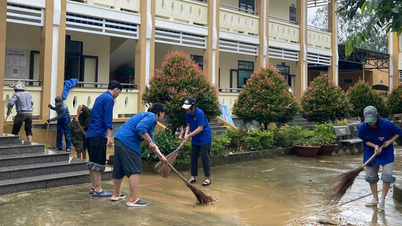



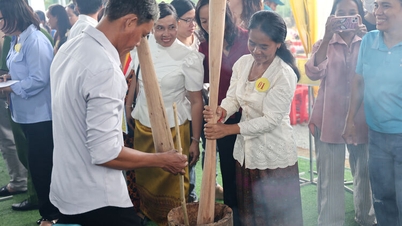



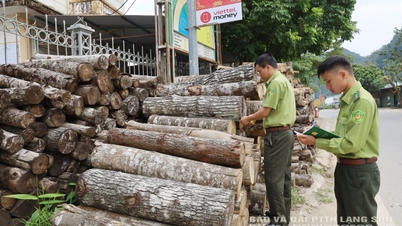

















Comment (0)